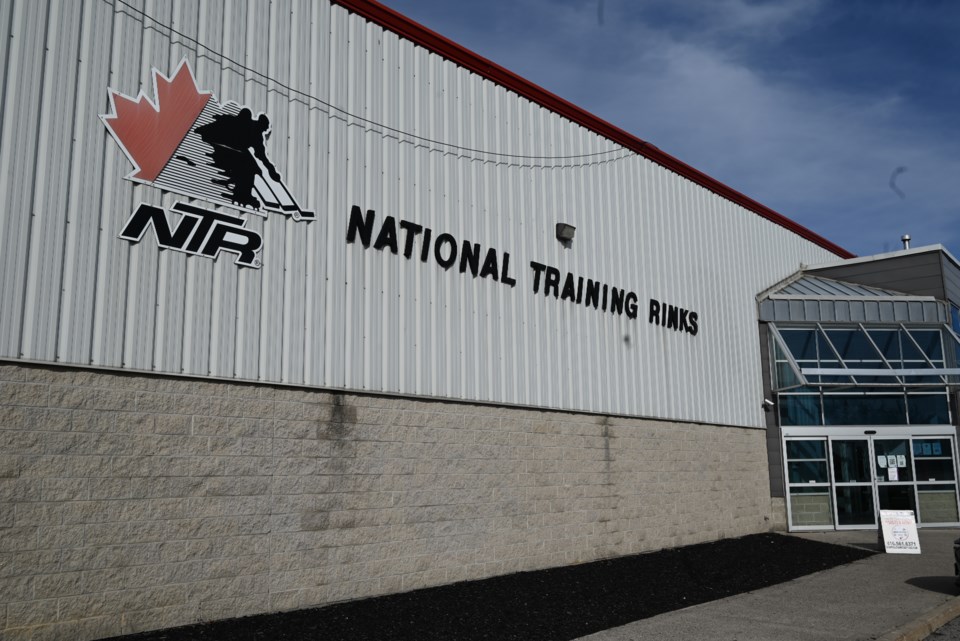If you are fully vaccinated, you remain relatively safe from COVID-19, York Region's acting medical officer of health says despite an increasing number of "break-through" infections, including a recent outbreak in a Newmarket men's hockey league that resulted in the death of a 75-year-old man.
The hockey league exposure in October resulted at least 15 cases and the death of player Garry Weston, and raised public concern about the spread of COVID-19 among vaccinated people.
Dr. Richard Gould said the outbreak was unusual and is not necessarily indicative of a trend that hockey players should be concerned about. He said vaccination is still the best protection against COVID-19, and significantly reduces the risk of hospitalization or death.
“This certainly was an unusual kind of situation and we haven’t been seeing that in many other hockey games or sporting activities,” Gould said. “I don’t think you can necessarily draw a lot of conclusions from one isolated incident. But certainly we keep an eye on this, and if we were to see any kind of trend or concern, we’d provide some recommendations.”
New cases in York Region overall have plateaued, and are not spiking so far despite earlier projections. Most cases in York Region are now in vaccinated residents compared to unvaccinated, but public health has said this is expected, given that the vaccinated population far exceeds the unvaccinated, and the risk for unvaccinated people to get COVID-19 is still much greater.
Gould said no vaccine is 100 per cent effective at prevention, and breakthrough cases are occurring in the vaccinated population. Although the per capita rate of vaccinated people is lower, he said everyone still needs to take precautions.
“Anywhere there’s a higher number of people, especially indoors, it’s advised to wear masks. Continue to wear a mask,” he said. “Particularly in restaurants, wear a mask until you’re sitting down at your table.”
However, sports players do have an increased risk of being exposed to COVID-19, though Gould said you are still relatively protected if vaccinated. He said you must stay home if you have any COVID-19 symptoms, particularly for sports players, given the virus can spread more easily on the ice where masks aren't worn.
“When you’re in a situation, particularly indoors, and close to people who are very active and breathing very heavily, then if a person is infected, you may be infected by them just because there’s more virus in the air, “Gould said. “You will be exposed a little bit more to the virus if it’s there, just because of the nature of playing a sport.”
Older individuals are more vulnerable to COVID-19, and vaccination immunity also declines gradually over time.
The province announced Nov. 3 it would begin offering booster doses to those 70 and older if it has been at least six months since their last dose, meant to address the waning immunity problem. Gould said that is a precaution older people can take as they go out into the public.
Despite the outbreak, Gould said it is still safe for people to gather over the holiday season if they take basic precautions, like masks and ensuring immunization. He noted COVID-19 numbers did not spike after Thanksgiving.
“(Basic precautions) seems to have worked rather well,” Gould said. “We’ll be providing further recommendations for people to celebrate the holiday season in a safe manner.”
York Public Health has asked Public Health Ontario to do a genome breakdown of samples from the Newmarket hockey outbreak to ensure there is no new vaccine-resistant COVID-19 variant. Gould said a couple of samples examined so far were the delta variant, but they wanted to test more, which takes two or three weeks.
But for now, Gould said, "we can’t overgeneralize based on one circumstance."



